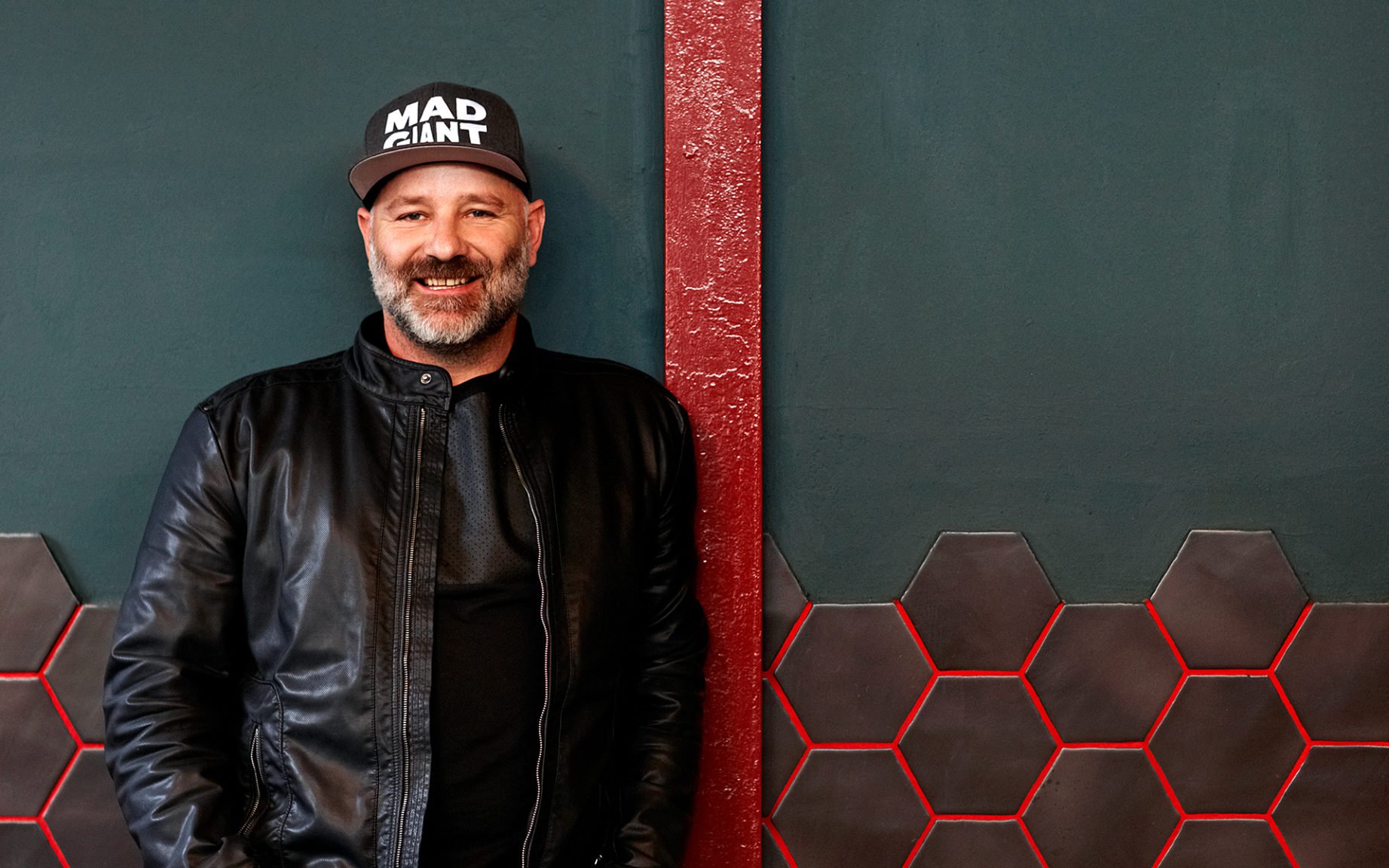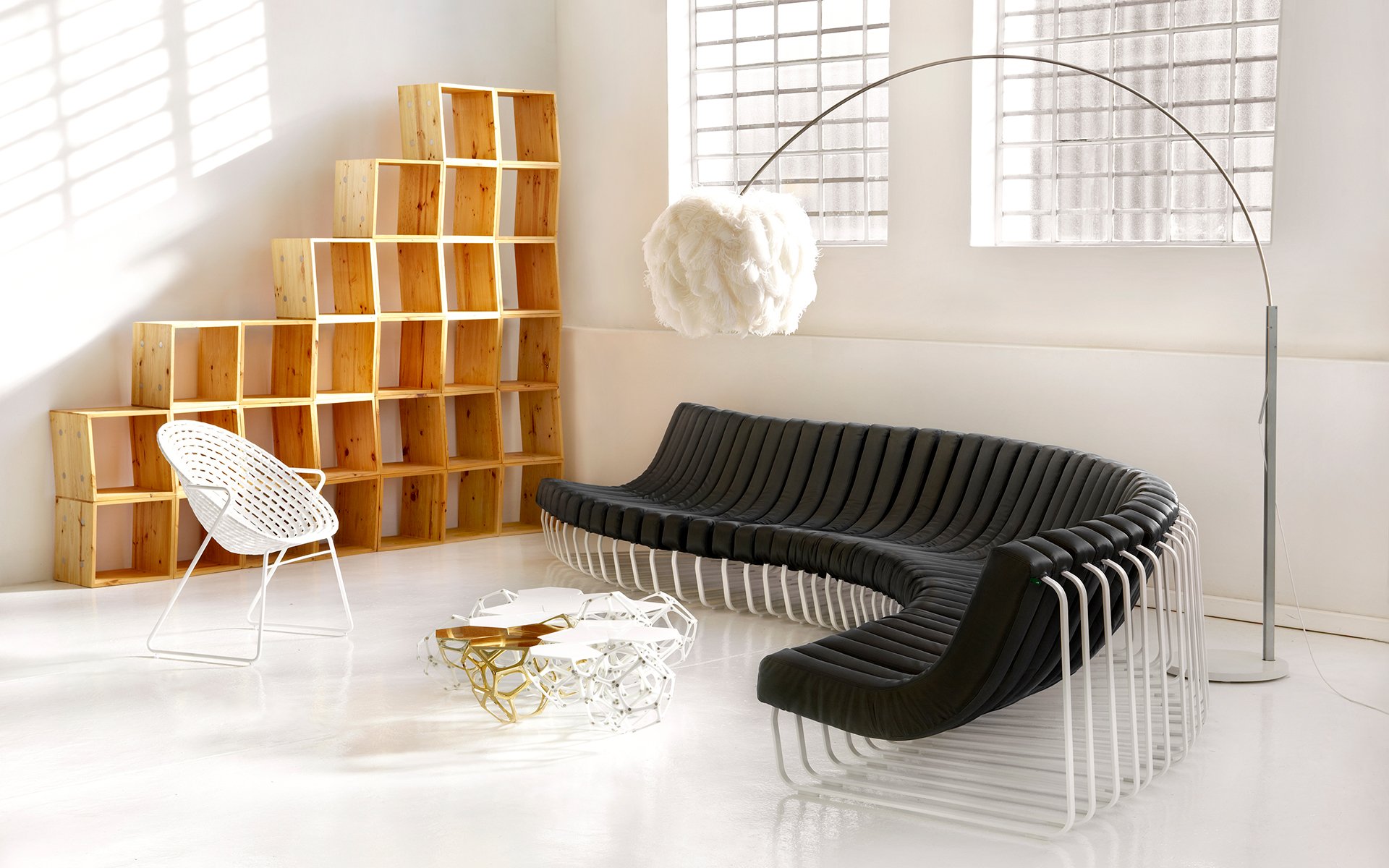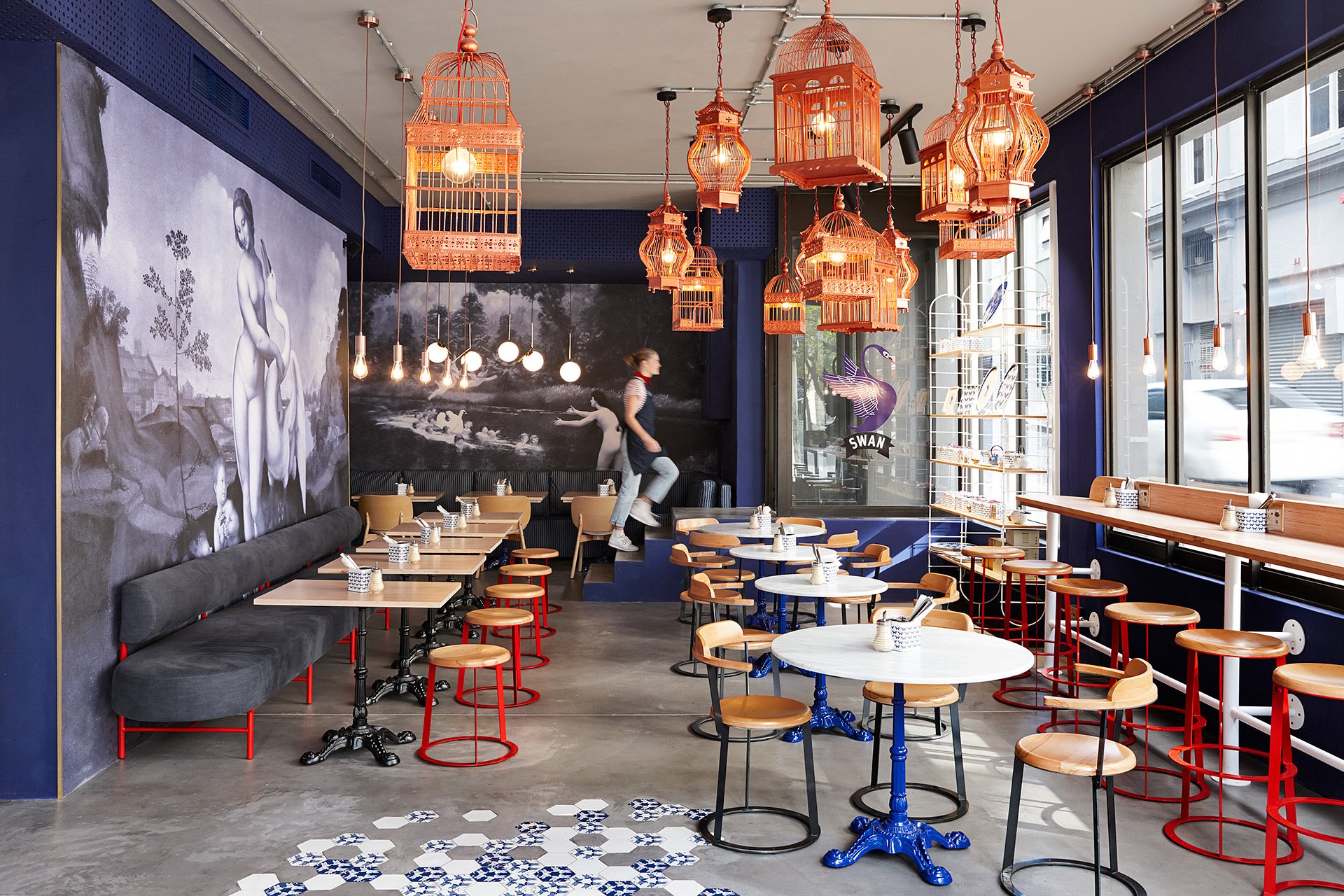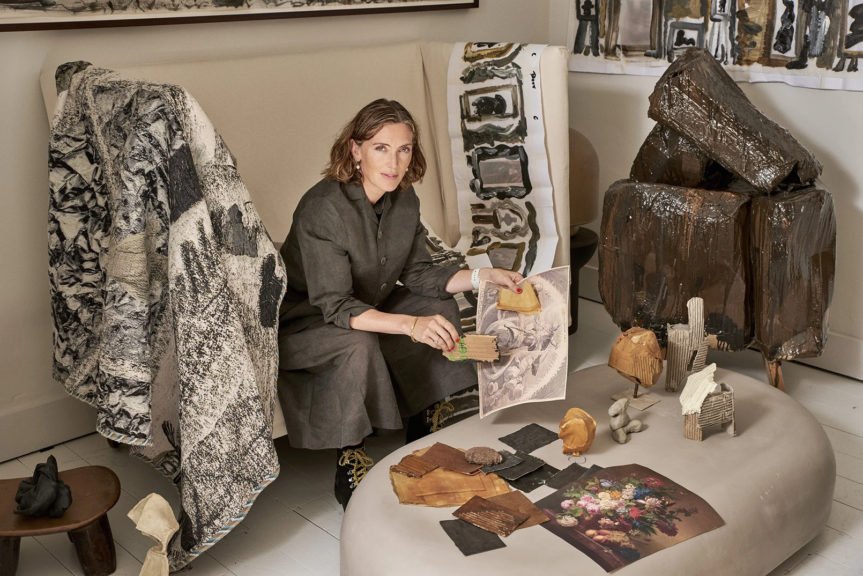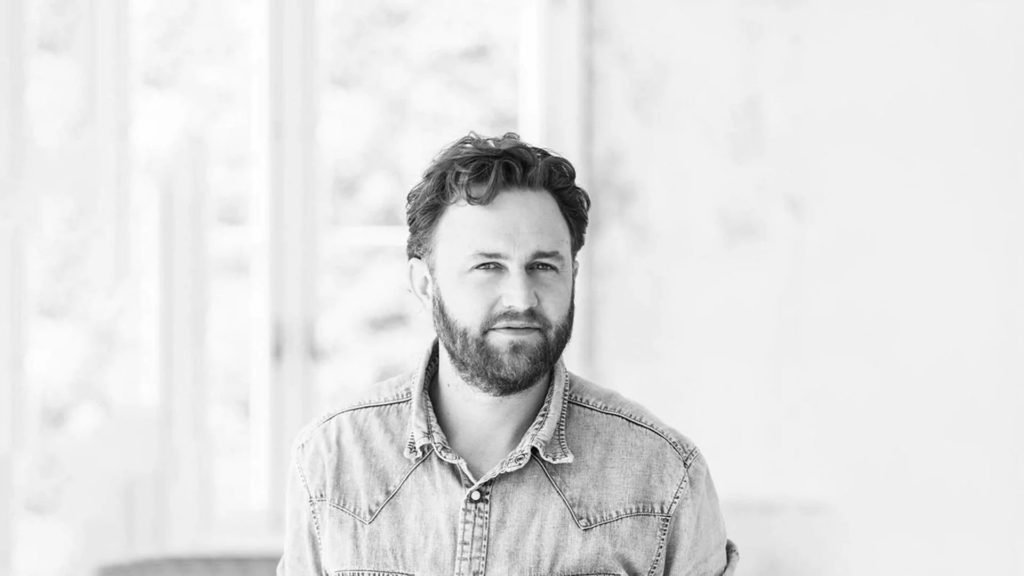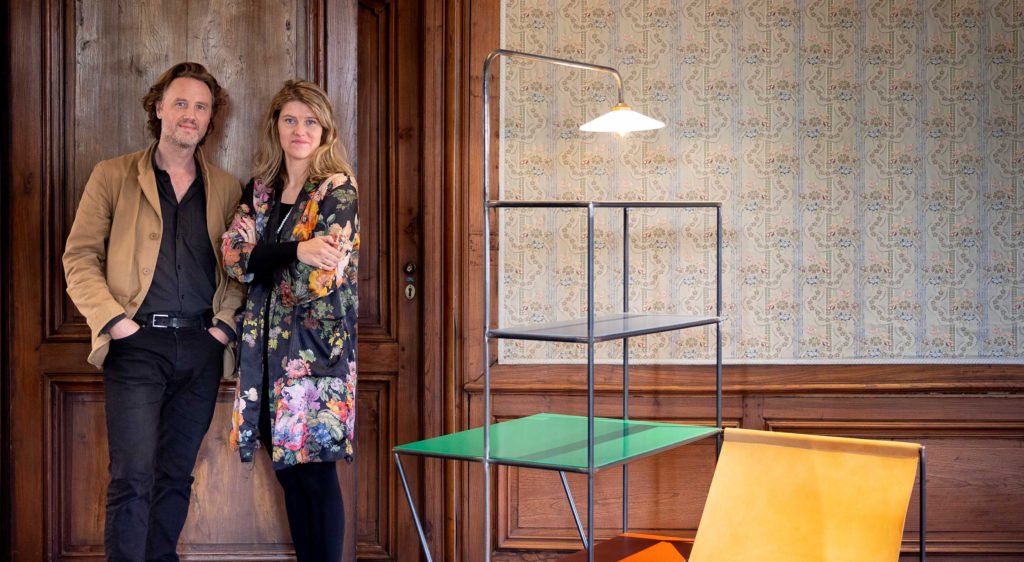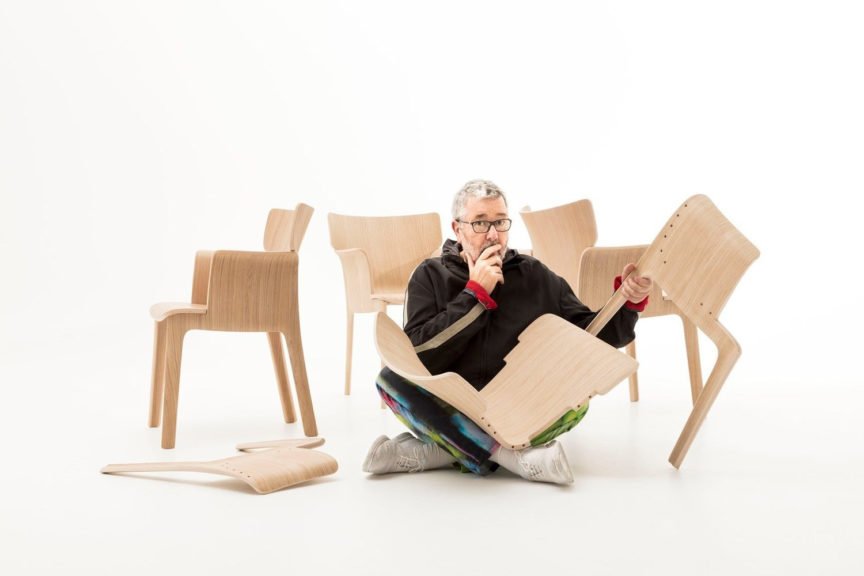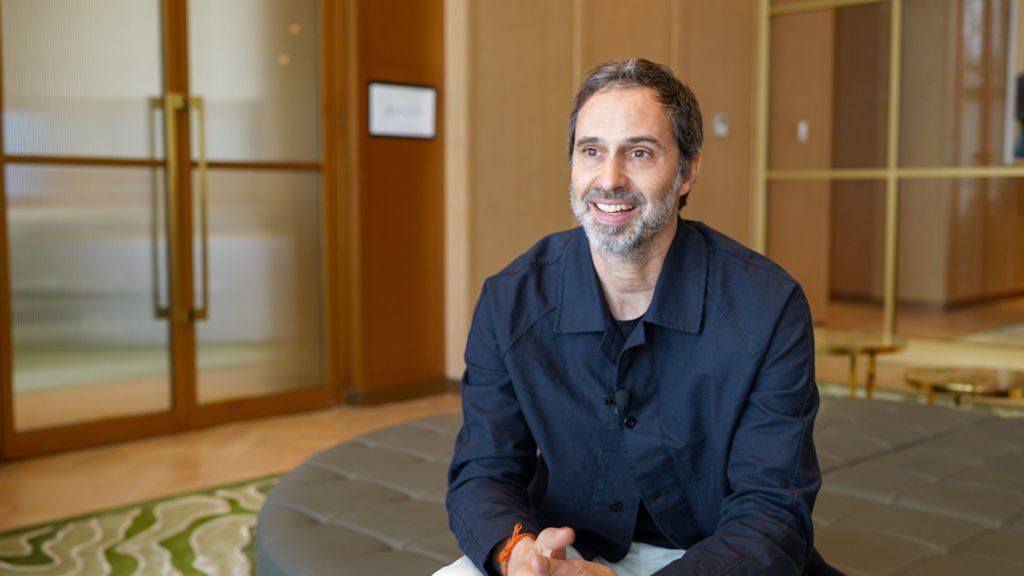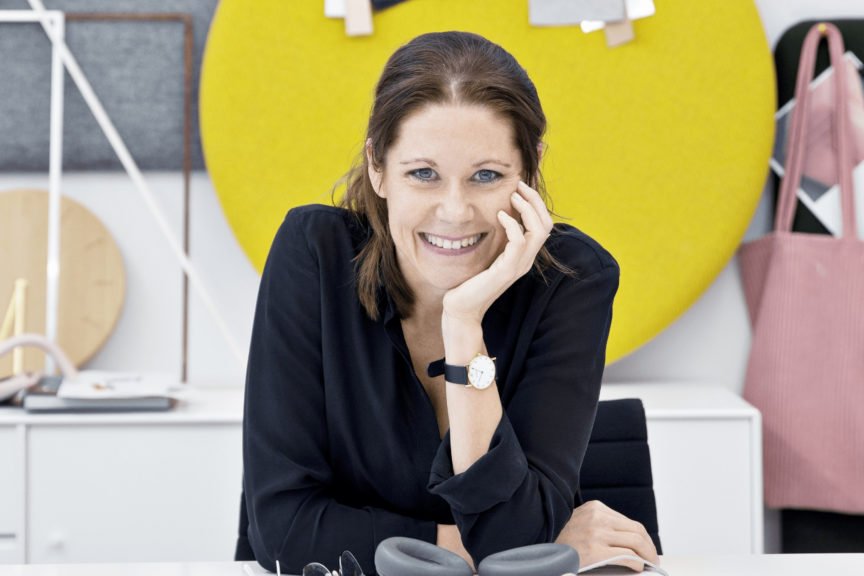South African designer, Haldane Martin, believes that home is the heart of everything – home is his family and home is also his homeland. His designs are deeply entrenched in the social and cultural zeitgeist of his country at the time, and this has allowed a certain honesty in their aesthetic.
Haldane Martin is one of those rare designers that has been able to move seamlessly and successfully between interiors and furniture. An award-winning product designer who has remained a constant on the South African design scene, since establishing Haldane Martin Design in 2002, his pieces have achieved icon status for their contribution to the South African lexicon. His designs have expressed the zeitgeist of the day through the seamless integration of conceptual depth, aesthetic appeal and seamless functionality.
In recent years Martin has embarked on larger-scale projects, creating 360-degree, bespoke hospitality spaces from inception through to custom furniture and interior execution. The results are original and engaging destinations born of a strong conceptual foundation, and with a cohesive relationship between the experience and aesthetic. Martin continues to work across the spectrum, with a current focus on outdoor furniture, inspired by his home city of Cape Town. (His premium outdoor furniture collections are available in the UAE at Next Space.)
Latest outdoor furniture collection from Haldane Martin. Picture credit: Sean Gibson
How did your design career blossom?
When I began my career as a designer, South Africa was in an exhilarating place politically and socially, full of potential for reconciliation after Apartheid. There was a beautiful optimism about democracy and the hope for good leadership. As designers we were able to help shape the visual language of what a free, democratic and inclusive South Africa could look like. It was also our first opportunity as designers to tell South African stories. It was during this time that I created the Zulu Mama chair, Songololo sofa and the Fiela light. They’re iconic pieces that are emblematic of the period in which they were created, and have become synonymous with the South African design language.
Later on, I ventured into interior design, largely through hospitality projects like Truth Coffee, Swan Café, Urbanologi and Mad Giant, which received a lot of international recognition. Each was an entirely unique experience – a rewarding process of collaboration with strong business owners to express their identities and bring their concepts and vision to life.
At the moment my work is a bit more personal. It’s a reflection of my own passions – for furniture, for Cape Town and for outdoor living.
The Songololo sofa, one of Haldane’s earlier, iconic pieces at the time
What are you working on at the moment?
I’m designing premium outdoor furniture that encapsulates the Cape Town lifestyle. It’s very rewarding to celebrate this vibrant city that I love, and to share it with the rest of the world.
I’m always obsessed with whatever it is I’m working on at the time. I’m fascinated by resolving each concept in a holistic way.
How would you describe your design style?
Authentic luxury. It’s beautiful, it’s comfortable and it’s about elevating and emphasising a connection with nature. With age, my priorities have shifted – there’s less striving in my work, and it’s more relaxed. In the grand scheme, as humanity, I think our idea of luxury has also shifted over time, and we’re seeing a growing appreciation of the natural world and its importance. A shift in ego.
Haldane at Truth Coffee with owner David Donde, Picture credit: Micky Hoyle
What are your go-to sources for inspiration?
Nature is an unrivaled source of inspiration to me. I spend a lot of time in the ocean kite-surfing and in the mountains on my bike. While in nature, my subconscious unpacks ideas in a very organic way, often taking them to the next level. I also read a lot of books on the science of nature, technology and culture, about other designers’ work and philosophies and so on. Food is also an extraordinary inspiration. In Cape Town we are spoilt for choice with such a wealth of diverse culture in one space. Plus our hospitality industry is cutting edge – we enjoy world-class culinary experiences, supreme natural beauty and multicultural international influences.
Swan Cafe. Photo credit: Mickey Hoyle
If not a designer, what would you be?
Maybe an architect.
If you could design anything without constraints?
Constraints are everything. Creating an elegant solution within limitations is the foundation of all good design. Ergonomic parameters, structural physics and norms, manufacturing capability, economic viability, durability, sustainability. These things form the questions that we seek to resolve through design.
As far as dream projects go however, I would love to design a seaside home for me and my family. A home is the ultimate expression of one’s identity.
What would be the most important advice you would give aspiring designers?
Optimism. As we get older and our failures naturally accumulate, it’s easy to get pessimistic. But optimism is a crucial foundation of design. Because we are creating the future, and if you can’t be optimistic about the future, then all is lost. Through being realistic about limitations and optimistic about solutions, we can make a better world.
Lastly, how would you describe yourself as a person?
I’m quite a private person and I really value family time. I’ve always enjoyed solo sports in my down time – skateboarding, surfing, kite-surfing and downhill mountain biking. As a kid I’d make my own skateboards and ramps, surfboards and bedroom furniture. My parents really nurtured individualism and creativity. My dad was a recording engineer in the music industry and my mother, a fashion designer and crafter. Their love of travel, the arts and rebellion helped shape me and my interests.
From the left: Truth Cafe Urbanologi, Mad Giant Brewery. Picture credit: Mickey Hoyle

